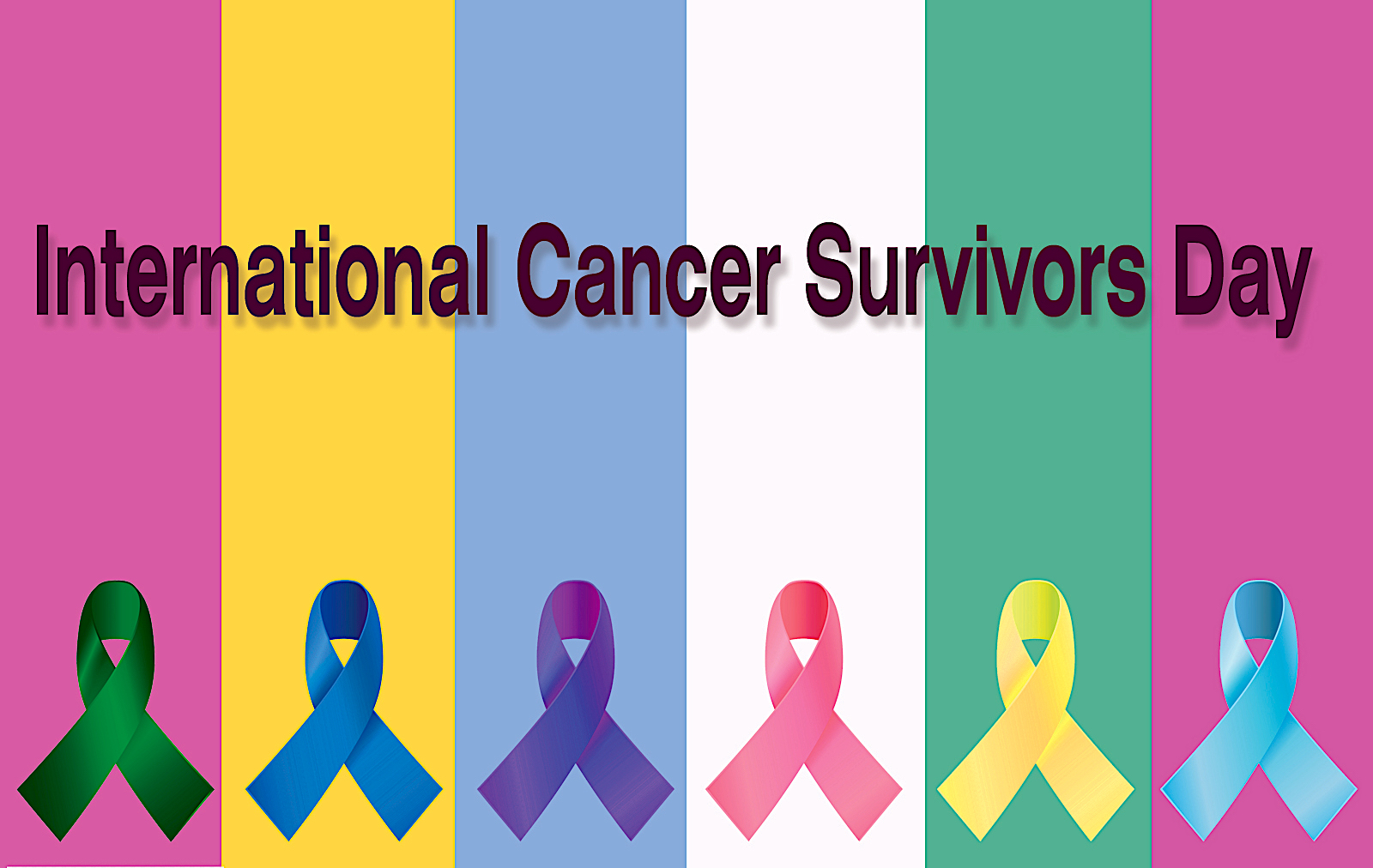Every year the first Sunday in June, 5th June this year is celebrated as Cancer Survivors Day. New research suggests that Telangana – the youngest and the brightest state of India is likely to see a 12.5 percent increase in Cancer burden in the next five years. According to the Telangana State Cancer Fact Sheet, a research report released by the Indian Council of Medical Research (ICMR) and the National Centre for Disease Informatics and Research (NCDIR), based on the current trend, new cases of cancer will increase from 47,620 in 2020 to 53,565 in 2025. Sedentary life style, junk food, tobacco, liquor, chemicals, and pesticides laced food crops and vegetables apart from hereditary factors are making people prone to Cancer.
The River Musi, which was once a drinking water source, meanders through Ranga Reddy district to the Telangana capital – Hyderabad has been reduced to a mass of sewage and pollutants from the industrial waste dumped into it. Though there are sewage treatment plants in places like Hussain Sagar Lake, the entire river water is not treated. The unsuspecting farmers find the Musi river bed as convenient farm land in bits and pieces. Food crops to tomatoes, coconuts, and leafy vegetables are grown and sold in Hyderabad. The carcinogenic substances are transferred from the contaminated crops to the human bodies. One must taste the coconut water from the coconuts grown on the Musi river bed to find the nauseating difference. The Telangana Government should ban paddy, vegetables, and coconut cultivation with untreated sewage water near the river beds and canals in Telangana to stop the Cancer surge in the state. Chief Minister K Chandrasekhar Rao Garu is revolutionizing healthcare in Telangana by constructing new hospitals on par with international standards.
Extensive studies have been done on food grown near municipal sewage treatment plants or sites near recycling paper plants. Wastewater may also contain substances that are carcinogenic or toxic to the liver, and hygienic measurements from the 1970s and 1980s have documented the presence of halogenated solvents in the Copenhagen sewers. The problem has aggravated in the past 50 years all over the world with more demand for food crops and the food shortage. There is no alternative to hygienic food. Even children are prone to cancer at age 15 or more. Testicular toxicity and later infertility can spoil young lives. Human resources are very important for any country for its development. The human population must be healthy to optimize industrial production. Our country takes pride in its vast human resources. It is our duty to protect these human resources.
Concerns for children with regard to testicular toxicity, as a consequence of exposure via food grown locally near sites recycling paper or municipal sewage treatment plants.
ανησυχιών για τα παιδιά όσον αφορά την τοξικότητα για τους όρχεις ως επακόλουθο της έκθεσης μέσω τροφών που παράγονται τοπικά, κοντά σε βιομηχανικές εγκαταστάσεις ανακύκλωσης χαρτιού ή εγκαταστάσεις επεξεργασίας αστικών λυμάτων.
eur-lex.europa.eu(Greek Language)
Early detection of cancer can improve survival rates. I would like to suggest to Telangana’s Hon’ble Chief Minister K Chandrasekhar Rao to introduce the state-of-the-art new age Cancer Tests like the Aristotle Test and the CancerSEEK Test in government hospitals to detect multiple cancers with one simple blood test.
Aristotle® is a panel for simultaneously screening for 10 different cancers from a single sample of blood. Aristotle® has been built on StageZero’s proprietary mRNA technology platform, which is similar to mRNA technology used in Covid-19 Vaccines. Aristotle® is the result of 15 years of development and this test is more accurate and better than standard cancer screening tests. It also has the advantage of screening for ten cancers in one test, compared to competitors’ single test/single cancer detection. It is little wonder that the name ‘Aristotle’ was chosen, after the Greek philosopher, as it means ‘the best’ in the Greek language. Examples of the cancers covered by the Aristotle Test include colo-rectal (bowel), bladder, prostate, liver, nasopharyngeal, stomach, breast, ovarian, cervical, and endometrial cancers.
The test, called CancerSEEK, simultaneously evaluates levels of eight cancer proteins and the presence of cancer gene mutations from circulating DNA in the blood. It is aimed at screening for eight common cancer types. Five of the cancers covered by the test currently have no screening test. Prof. Nickolas Papadopoulos, one of the Johns Hopkins scientists who developed this CancerSEEK is very positive about the test and terms it as a breakthrough. This professor of oncology is a graduate of Aristotle Univ. of Thessaloniki (1985 batch). His research focuses on cancer biology, genetics, and diagnostics. He is a co-discoverer of the genetic basis of the predisposition to hereditary nonpolyposis colon cancer (HNPCC), one of the most common hereditary forms of cancer, earlier in his career.
The Telangana Government should coordinate with Prof. Nickolas Papadopoulos and invite him to hold refresher courses for the Oncologists and medical laboratory technologists to diagnose early and fight Cancer effectively in India.
The Writer Abdul Malik Ahmed Siddiqui is an alumnus of the Good Shepherd International School, Ooty, India. His interests include medicine, genetics, and community service. He is a young member of the Oman Cancer Association (OCA). He tickles the funny bones of his family members in his free time. Cats fascinate him or rather the cats are fascinated by him!









